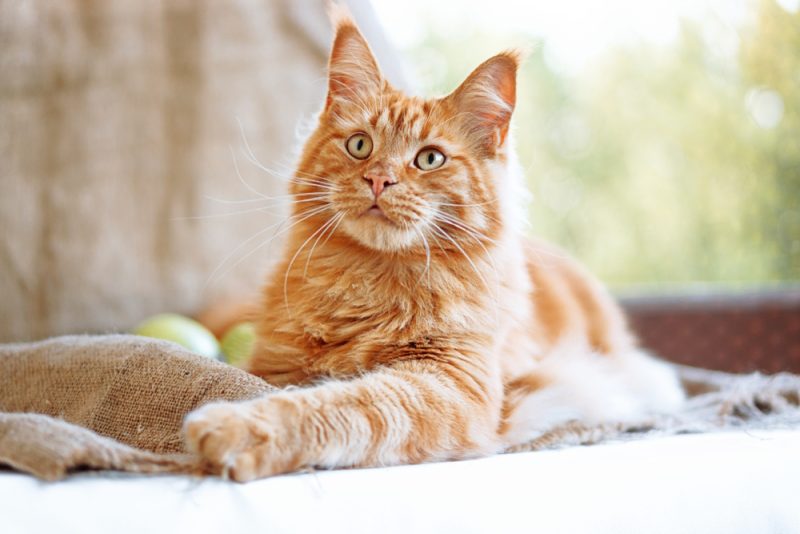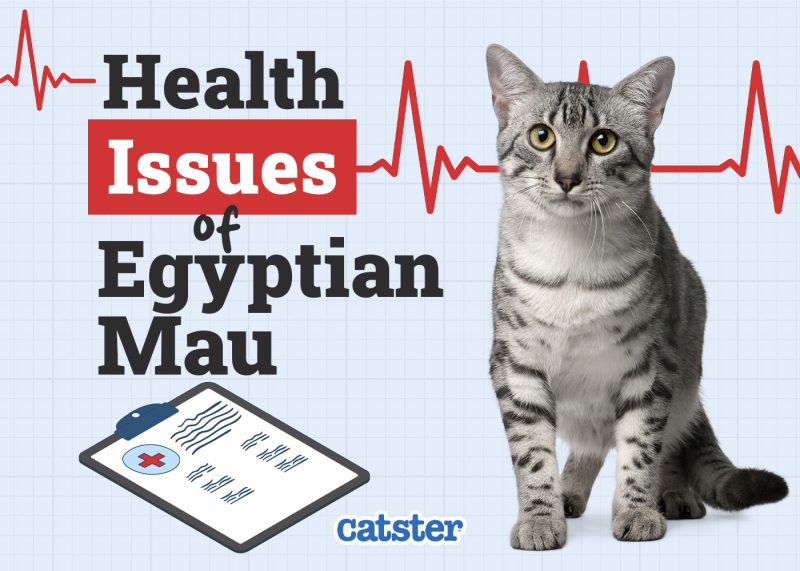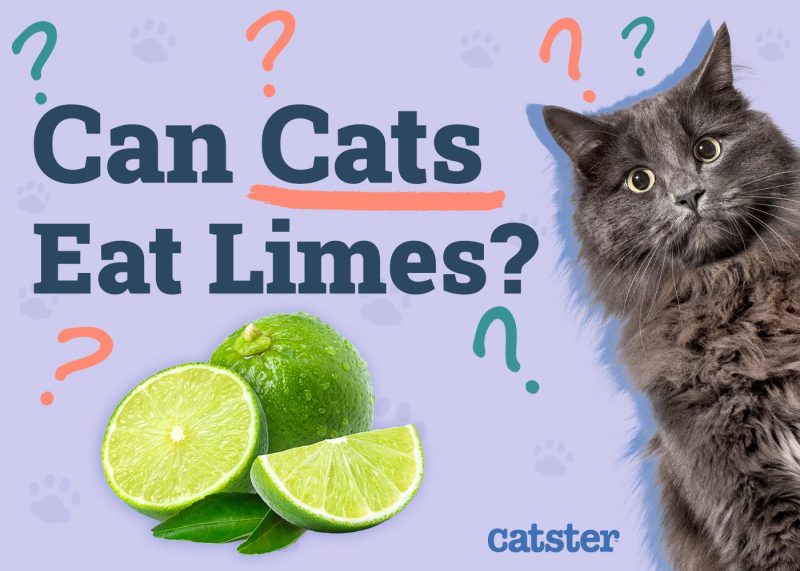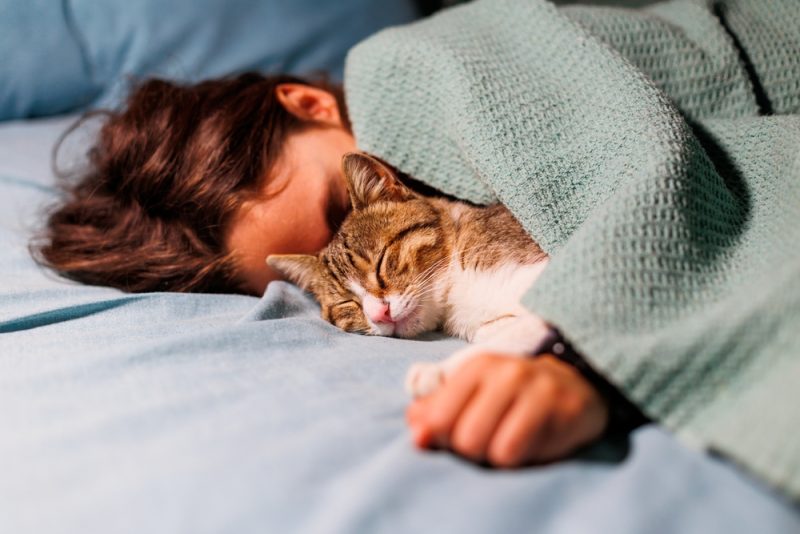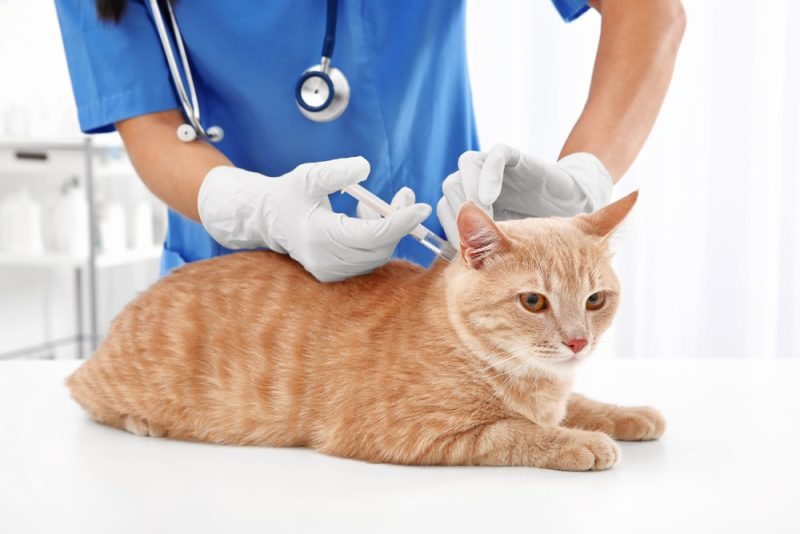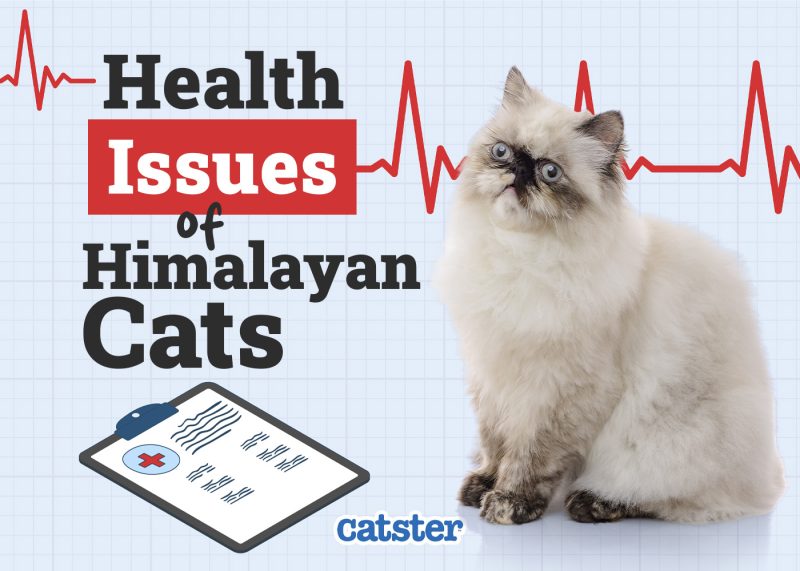In this article
As a cat lover, you understand how irresistible fish is to our feline friends. Because we naturally want to feed them the best we can and reward them with their favorite treats, it’s normal to reach for the fish-flavored kibble or the gourmet tin of cat tuna because you know it will win over your pet.
While cat food does contain mercury, the exact amounts vary and largely depend on the species of fish in the recipe. The reality is that specific data on mercury toxicology in cats is not currently available. However, fish is not the only source of mercury (it is also present in soil, water, and air), and cats do benefit from the omega-3 fatty acids in fish. So you don’t need to remove fish from your cat’s diet altogether, and you don’t need to get into a worried frenzy, but it’s helpful to understand how mercury can affect your kitty and how you can reduce the risk of mercury exposure.

Is Mercury a Concern in Cat Food?
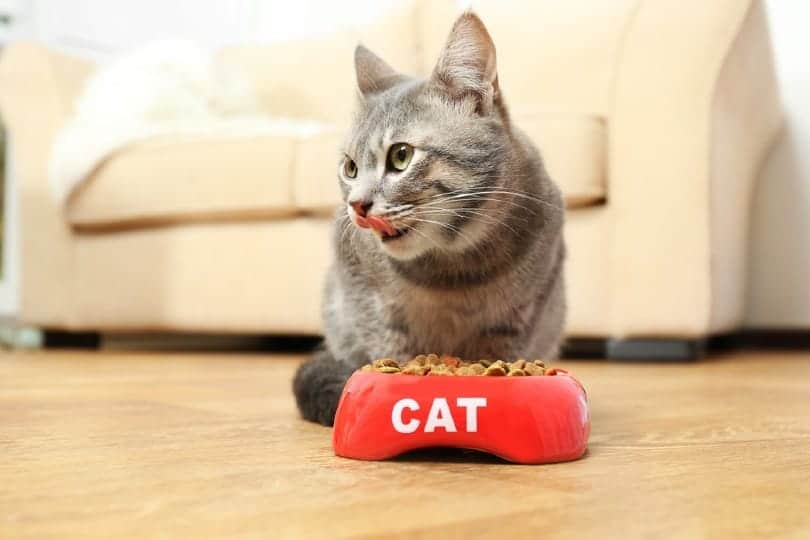
Ingesting fish is the primary cause of mercury exposure for cats, and high exposure to mercury in cat food can lead to significant problems for your kitty. If your cat’s diet is made up primarily of fish, it’s best to be aware of the specific species used in the recipe, but it doesn’t mean you need to remove it from your cat’s diet.
The amount of mercury in fish varies according to the type and size of the fish and the waters in which it lives. The fish’s placement in the food chain is a major factor affecting mercury bioaccumulation. Tuna, a feline favorite, contains higher levels of mercury than many other fish.
Sadly, the regulations for using fish in pet food aren’t very strict. Because mercury levels in pet food are not regulated in the United States, there is no direct way to improve the safety of commercial formulas.
Mae Sexauer Gustin, PhD, a professor at the University of Nevada, Reno, conducted an experimental study that measured the concentration of mercury in 54 dog and 47 cat foods. They had to first establish a theoretical measurement of the mercury concentration based on the information we have available for river otters. The study used river otters because they are also mammals with a similar energy and food intake as cats on fish-based cat diets. 14 out of the 101 pet food samples tested had concentrations at concerning levels for the river otters. Most of these were wet cat foods with tuna on the label. It’s important to note that different batches of the same products contain different levels of mercury, as without testing each fish, the levels can vary.
Why Does Fish Contain Mercury?
Because of pollution. Mercury has been used in industrial and household products. If not properly disposed of in landfills, it pollutes bodies of water. Aquatic microorganisms then convert this heavy metal into methylmercury, which is a highly toxic form that accumulates in fish and the animals that consume them. Nearly all fish contain traces of mercury and methylmercury, but some common ones are tilefish, tuna, king mackerel, swordfish, and sharks. The reason for this? They are higher up in the food chain, so mercury bioaccumulates in their prey and is then passed to them.
Why Is Mercury a Concern?
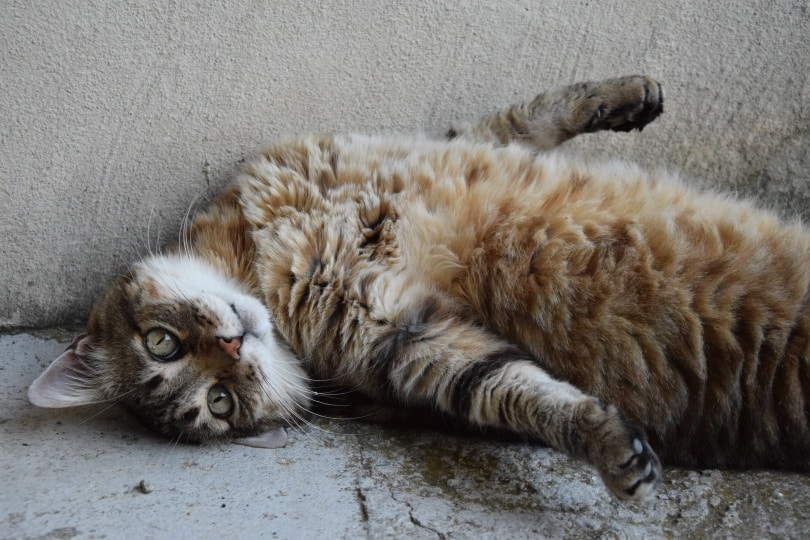
When too much mercury is ingested, it can affect the lungs, brain, and kidneys. Your cat can also develop mercury poisoning. Because methylmercury accumulates in the body, the signs of mercury poisoning in cats are primarily caused by damage to the nervous system.
The kidneys are also frequently affected. Mercury poisoning in cats can mimic other reactions to poison ingestion, vitamin B1 deficiency, brain tumors, and other ailments that cause neurological impairment. Signs of mercury poisoning can include:
- Loss of concentration
- Dizziness
- Abnormal behavior
- Tremors and seizures
- Paralysis
- Blindness
- Depression of the central nervous system
- Involuntary eye and body movements
- Ataxia
- Death
Unfortunately, no antidote exists for chronic methylmercury toxicity, but supportive care and preventing exposure in the future can help your feline friend.
If damage has been caused to the organs, it is sadly irreversible. If your cat survives, their kidney function may be reduced, and they may be left with permanent neurological impairments.
How To Keep Your Cat Safe from Mercury?

While most cats have a low chance of being poisoned by mercury, there are some precautions you can take to keep your cat as safe as possible. If your cat needs a fish-based diet, carefully examine the food labels. The FDA (Food & Drug Administration) has published a table of Mercury Levels in Commercial Fish and Shellfish with data between 1990-2010. They also have a more recent publication called “Advice about Eating Fish” with a table that ranks fish by mercury content from lowest to highest, so when reading cat food labels, you can use the list as a guide.
If your cat is already an avid fish eater, you could try to alternate fish and non-fish foods for a while, gradually lessening the number of cans of tuna-based foods over time. If your cat will not eat anything else, try to choose diets made with “best choices” species to decrease the risk of mercury poisoning. Small fish like sardines in spring water or freeze-dried minnows are good choices for an occasional treat.
If you give your cat canned tuna as a treat, you could replace it with plain pieces of chicken breast, or at least choose the light chunk variety rather than albacore.

Conclusion
Fish consumption is the primary route for mercury to make its way into your cat’s system, and if your cat’s diet is high in fish, you may want to reduce it. Cutting out fish entirely is unnecessary, but you can reduce your cat’s exposure to mercury by learning which fish to avoid, which are safest to feed your cat, and how frequently a treat can be given.
Featured Image Credit: Caftor, Shutterstock




